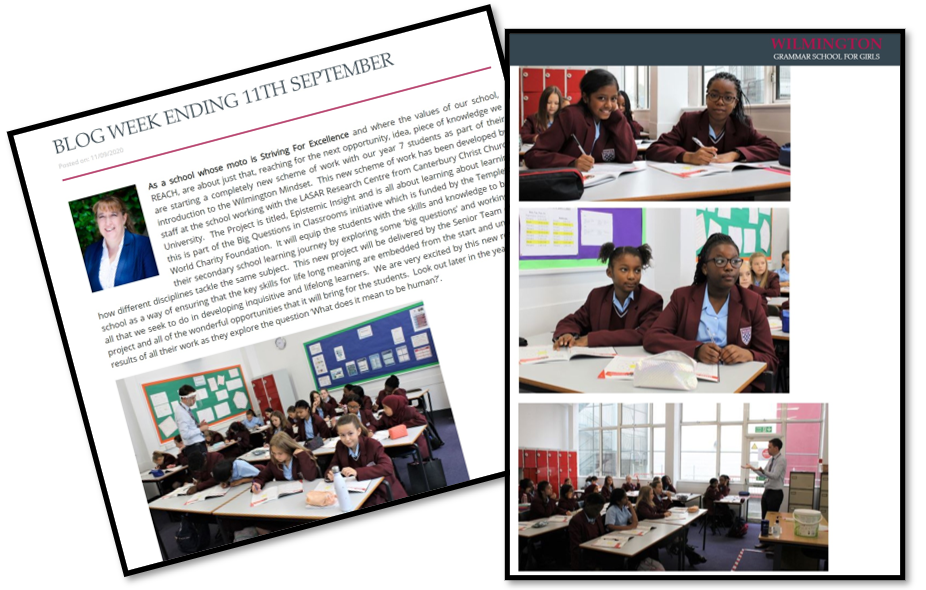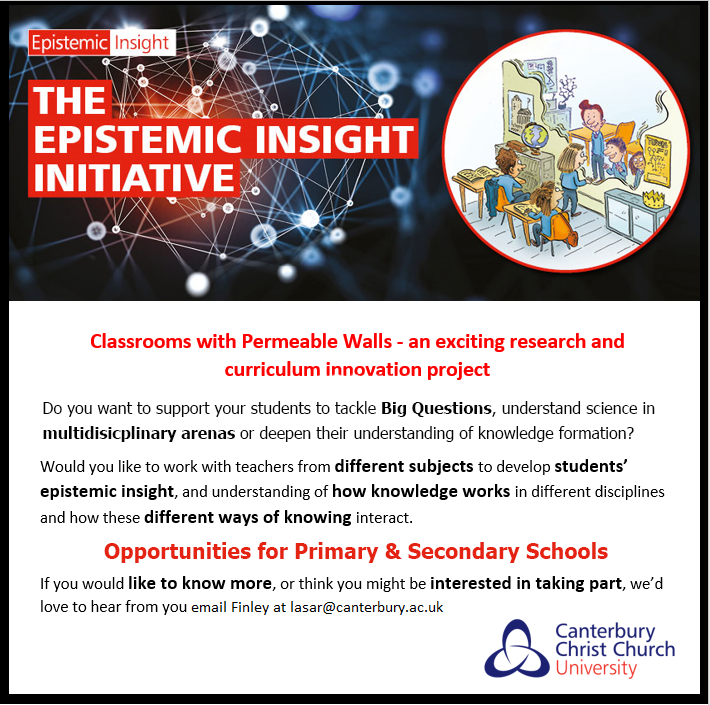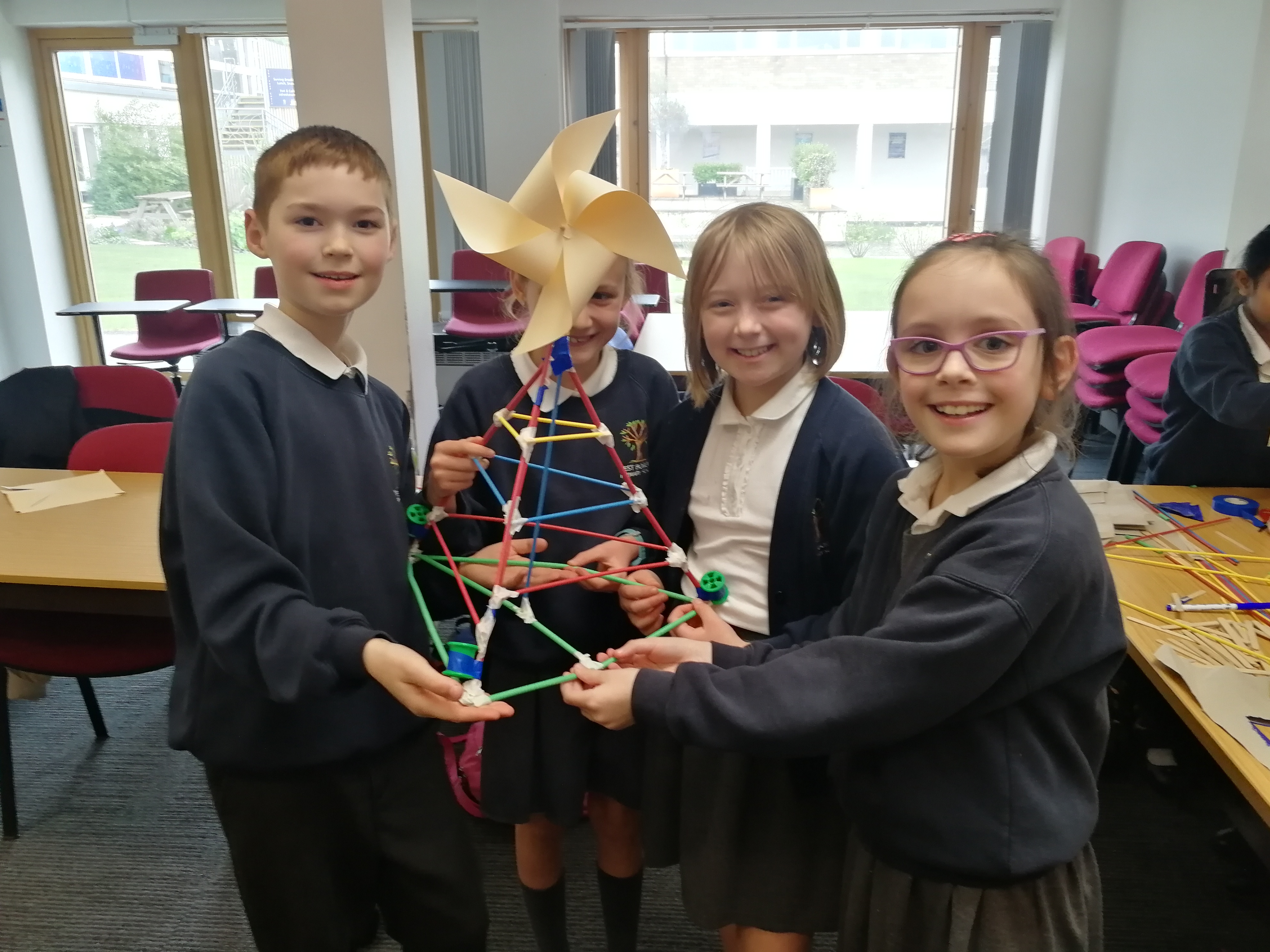
Welcome to our Schools & College Research Page.
By studying across subject boundaries students engage in a range of content that can simulate imagination and encourage active enquiry. Epistemic insight goes hand in hand with teaching a broad and balanced curriculum, it seeks to bridge subject boundaries; recognizing the distinctiveness of a discipline through its specific methods, types of questions and norms of thought; whilst utilizing the ‘purpose of study’ of each national curriculum subject. Our research suggests that an epistemically insightful approach to learning can effectively teach assessable and transferable curriculum objectives relating to the nature of knowledge. In this way students and teachers are able to examine the relationships between disciplinary and substantive (content) knowledge.
We are currently looking for primary and secondary teachers and schools who want to explore how to support students to understand how different ways of knowing interact and/or the nature of science in real-world and multidisciplinary arenas.
You can read the Blog from one of our research partners here

What insights do we expect young people to call on when they address the big questions of life and the universe?
How can schools prepare young people for a world facing false facts and exaggerate headlines, and equip them with the best ideas and strategies to make informed decisions rationally and compassionately?
What strategies can schools use to develop young people’s expressed curiosity about the nature of reality and human personhood and give the future great minds of science and other disciplines the inspiration and stimulus they need?


-
Essential Experiences in Science and Investigating Big Questions for Years 4-7 provides investigation cards with hands-on activities for the classroom and home learning for parents and schools (compliant with Covid-19 health and safety guidance);
-
Permeable Walls between curriculum subjects for Years 7-9 includes a series of 4-6 lessons to examine Big Questions about personhood, AI and the world around us; or short-term interventions to support students’ development of epistemic insight (this includes critical thinking & meta-cognition) – opportunities can be co-created to support your learners.
-
Becoming insightful about real world problems offers live and asynchronous interactive webinars and short projects for KS4 and KS5 on moral and societal questions which are examined through the lenses of science, religion and the wider humanities – opportunities can be co-created to support your learners.
We live in an ever-evolving world, where we are constantly faced with a range of socio-economic challenges and increasing technological change. Epistemic insight is a meaningful and relevant approach that builds on current teaching practice where learning is planned, delivered and assessed through alignment to epistemic insight pedagogy. Highlighting the similarities and differences between disciplines within a multi-disciplinary arena.
Teachers can support students to answer these three questions:
- How does a discipline interpret the question?
- What methods would this discipline use to investigate the question?
- How would a scholar of this discipline know they had a good answer?

